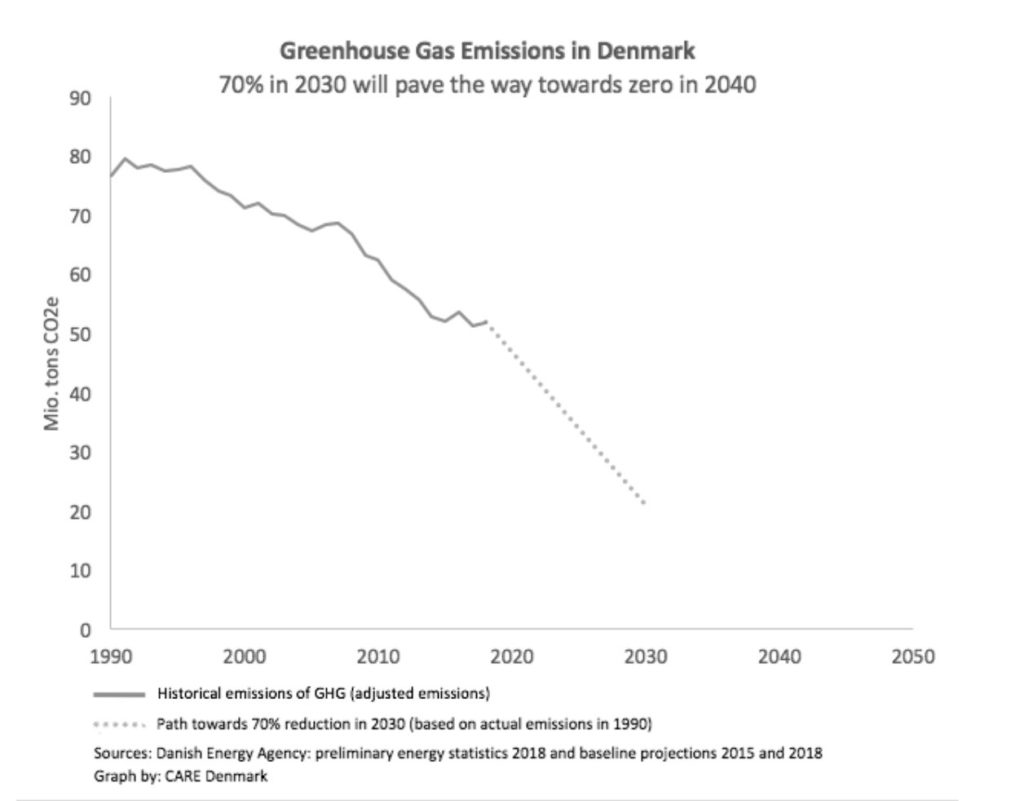Care About our Heritage? Fund the WIM.
Diversity makes the United Nations great. This diversity represents people from across the globe fighting together for something better, but this beautiful diversity is under threat from climate change. Each day, crucial parts of our culture are being washed away by storms and rising seas, as people are displaced from their homes.
As young campaigners, sitting in the mandated review of the Warsaw International Mechanism (WIM) on Loss and Damage (L&D) has left us scared. Lack of action on this issue will categorically destroy the core of that diverse cultural heritage.
We need delegations to start taking Loss and Damage seriously. We urgently need finance for countries to rebuild after disaster(s) and displacement. Undermining real efforts to evaluate and progress on the WIM in these sessions supports the escalating climate crisis, and perpetuates cycles of under-development, inequity and poverty. Young people in climate-vulnerable nations are the least responsible, but face a lifetime of consequences for the carbon-intensive lifestyles that adults in the Global North continue to lead. We must break this cycle. States must correct this profound injustice.
SB50 must be the start of a new era where nations in the Global North and big polluters recognize their historical responsibility, and protect the most vulnerable and marginalized.
... Read more ...

